Mosquitoes Driving Bird Species To Extinction, Scientists Scramble To Save Them
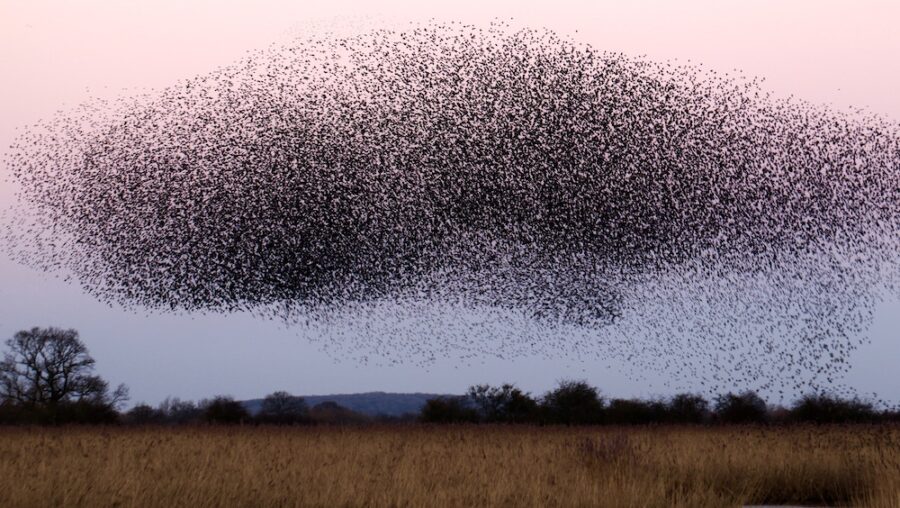
Malaria-carrying mosquitoes are causing the ‘akikiki, small, unassuming gray birds native to Hawaii, to become extinct. With only five believed to remain in the wild, scientists are desperately trying to save this critically endangered species as disease-carrying mosquitoes continue to migrate to the cool, lush mountains of the island of Kaua’i, CNN reports.
Climate Change Has Driven Mosquitoes Into New Areas Where ‘Akiki Birds Are Found
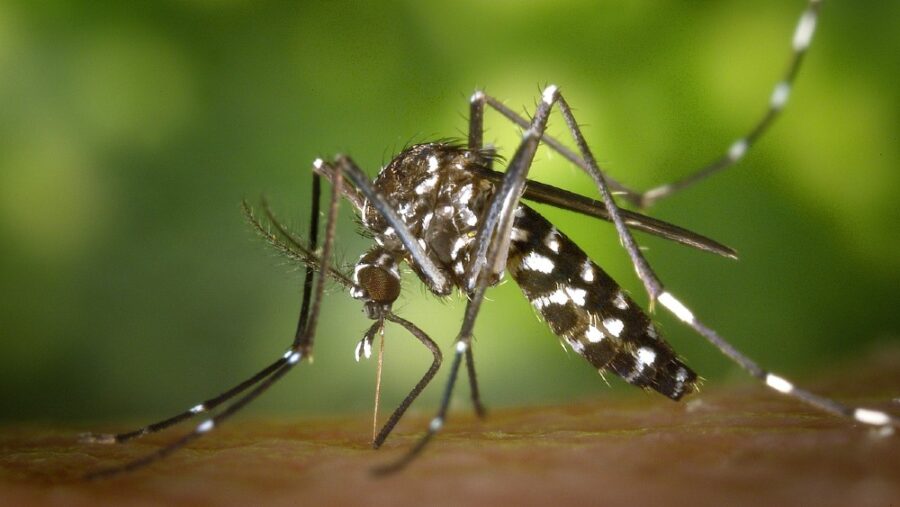
“The populations have basically taken a nosedive over the last 15 to 20 years as the climate has changed and mosquitoes are going higher and higher in elevation,” wildlife care manager of the Hawaii Endangered Forest Birds Conservation Program for the San Diego Zoo Wildlife Alliance, Hannah Bailey said of the dire situation.
The Birds Contract Fatal Diseases From Mosquitos
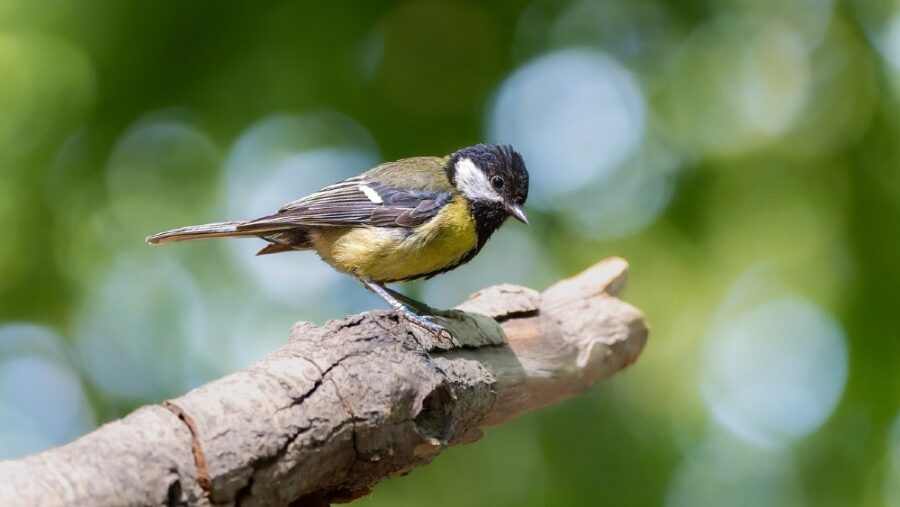
The ‘akikiki have no natural resistance to diseases carried by mosquitoes, and avian malaria, in particular, is almost always fatal to these small honeyeater birds. Fortunately, the Kaua’i Forest Bird Recovery Project, along with the Department of Land and Natural Resources, has established an insurance population in bird conservation centers on the Kaua’i and Maui islands.
A Recovery Project Is Attempting To Save The Species
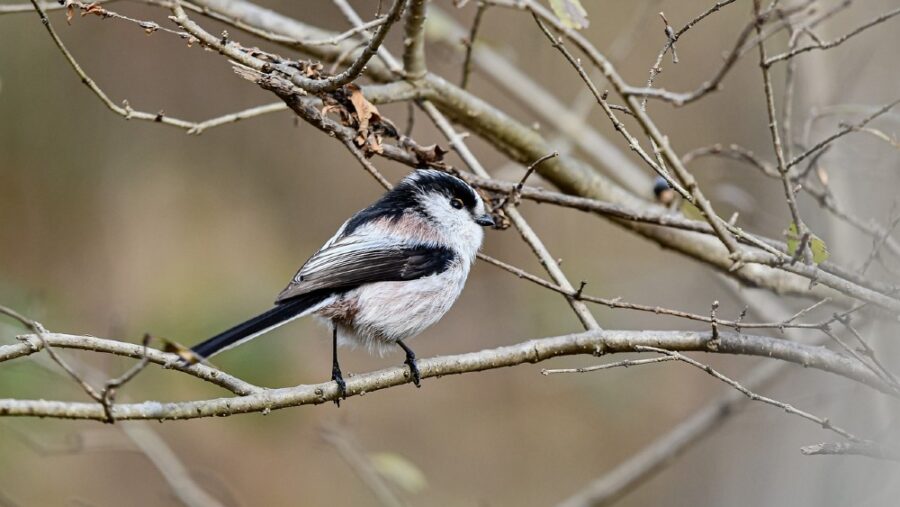
Their mission is to create safe havens away from mosquitoes for the at-risk birds, giving them a chance to thrive and, eventually, be reintroduced into their natural habitat when conditions are conducive. Recently, the focus has shifted to collecting unhatched eggs, with conservation teams working diligently during nesting seasons to locate and rescue them.
The teams use cameras mounted on long poles and ladders to reach occupied nests high in ‘Ohi’a trees. So far, they have successfully rescued 10 eggs, which were placed in portable incubators and transported to the Kaua’i Bird Conservation Center. Here, the eggs continue to develop, and any hatchlings are integrated with the roughly 50 ‘akikiki already in human care.
Safe Enclosures Keep The Birds Alive And Mimic Their Natural Habitat

These birds live in enclosures that closely mimic their natural habitat and are designed to protect them from mosquitoes. Human interaction is kept to a minimum to ensure the birds maintain their natural behavior. However, scientists and conservationists still need to figure out the best way to eradicate avian malaria and the mosquitoes responsible for its transmission to birds.
Researchers Are Also Trying To Control The Spread Of Diseases From Mosquitos
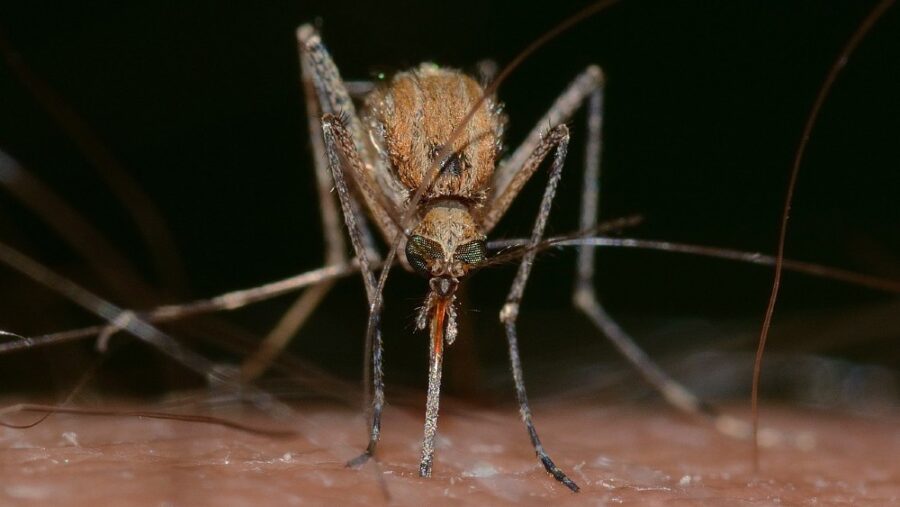
Sadly, this mosquito-borne disease not only threatens the ‘akikiki, it also endangers other forest birds. Hawaii’s Department of Land and Natural Resources is currently awaiting approval to implement the incompatible insect technique, which involves releasing male mosquitoes carrying naturally occurring bacteria called Wolbachia.
This bacterium renders the eggs and offspring of wild female mosquitoes non-viable when they mate with the modified males, reducing the likelihood of disease transmission to birds. Additionally, the U.S. government pledged $16 million to support an initiative to prevent the imminent extinction of Hawaiian forest birds.
This funding includes efforts to expand captive care programs and control and eradicate invasive mosquitoes that threaten birds. Bailey touched on the importance of the work, saying, “Our biggest hope is that our center is no longer needed, that we have landscape level control of mosquitoes in avian malaria and can control other threats so that these birds can be released back into the wild and live in their native habitat.”
Mosquitos And West Nile Virus
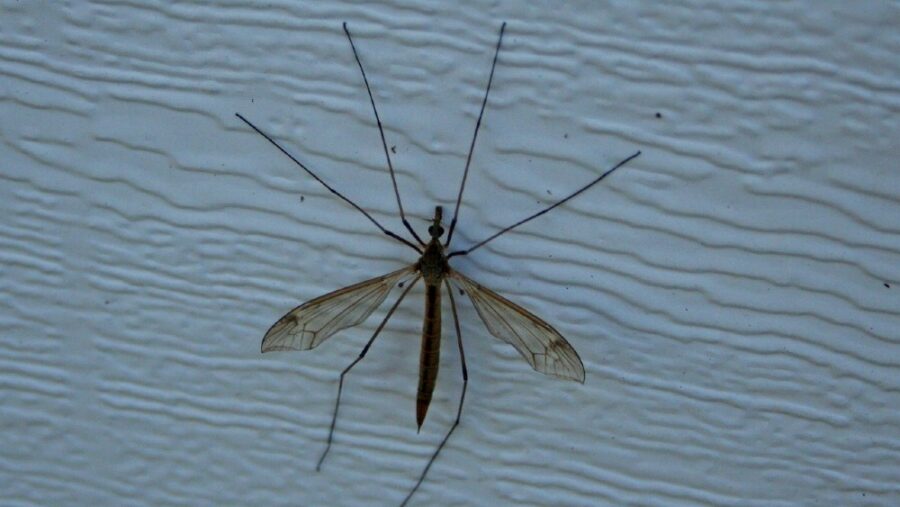
Other fatal diseases transmitted from mosquitoes to bites via a bite include the West Nile Virus. However, some birds that are predators (such as hawks and owls) or scavengers (like crows) may get infected after eating dead or sick birds already plagued by the illness. Birds that eat disease-ridden mosquitoes may also become infected.
St. Louis Encephalitis is another viral disease transmitted from mosquitoes to humans and birds. It is not as common as the West Nile Virus or Malaria, and cases are usually the result of unpredictable localized epidemics.












